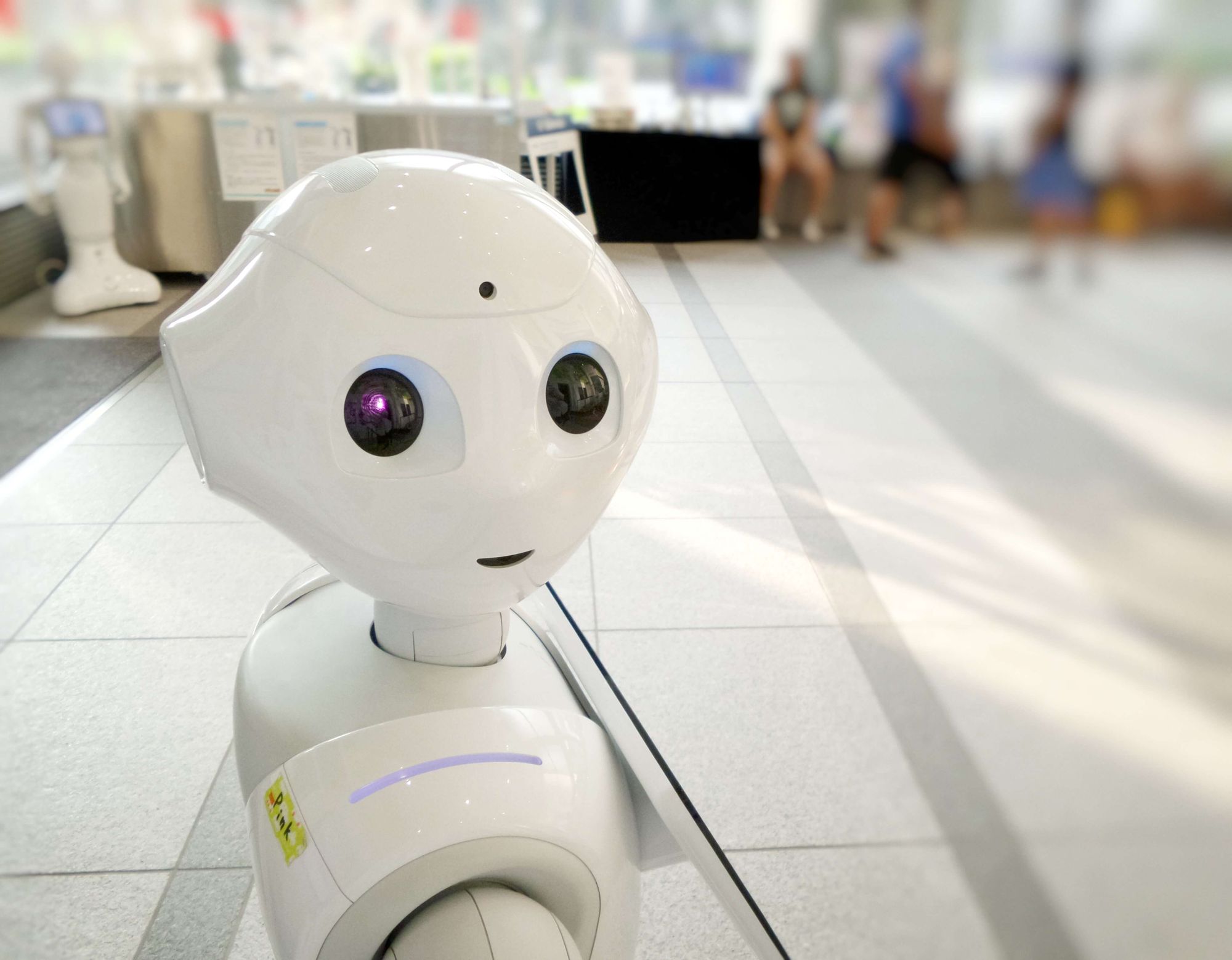This article comes from our SaaScast episode, 'How will AI and remote work shape the future of SaaS', with Valentina Thörner, check out the full episode here!
The future of work is here … are you ready for it?
Between surging remote work arrangements and lightning-fast advances in AI, our workplaces are evolving at warp speed.
These dual forces have the potential to either propel our productivity and work-life balance to new heights - or overload our brains and drive us towards burnout.
So how do we capitalize on the massive opportunities while sidestepping the risks?
As someone who's worked remotely for over 10 years and helped countless startups implement effective virtual work strategies, I've seen two huge developments poised to transform the SaaS industry - the growth of remote work and the rise of AI.
There's been non-stop talk about how these trends will impact the future of work, so in this article, I'll share some of my insider perspectives on AI and remote work.
I'll also outline some of the most crucial implications leaders need to consider so we can maximize the benefits while avoiding the pitfalls. Let's dive right in!
- AI’s key strengths and limitations
- Automation
- Human touch
- Smart integrations
- Question assumptions
- Final thoughts
AI’s key strengths and limitations
There's a ton of hype around AI right now. On one extreme you have people hailing it as a kind of god that will solve all our problems.
Then there's doomsday folks warning the robots will take all our jobs and we'll be left destitute.
The reality is that AI is simply a tool. A very powerful one, yes, but still just a tool.
Here are some of AI's key strengths and limitations:
✅ Huge potential to help us work more efficiently
✅ Excels at consuming volumes of data and generating summaries, recommendations, and predictions
❌ Lacks real understanding, opinion and the ability to recognize when it's wrong
This means we still very much need human oversight and involvement. AI lacks the ethics, relatability and basic common sense that people provide.
I always say AI is like a little kid - great at soaking up information, terrible at critical thinking.
As SaaS companies continue experimenting, it's absolutely crucial we use AI thoughtfully and avoid handing over too much responsibility to black box systems we don't fully understand.
Ethics in AI is becoming its own field and will only grow in importance. We have to remember that just because we technologically can do something, doesn't automatically mean we should.
Automation
One of the clearest upsides of AI in SaaS is time savings. By automating repetitive, mundane tasks it allows us to focus energy on higher-value work.
However, the big question is how exactly will companies use this freed up time? Will they simply squeeze more output from workers? Or will the benefits be shared more equitably?
There's a real risk of unintended consequences here. We can't expect people to sustain sharp focus for extended periods just because the boring stuff has been removed.
The brain actually needs a mix of mundane and challenging tasks to function at its best. If we don't think carefully about how to utilize time savings from AI, we may inadvertently drive burnout.
My view is that companies need to make deliberate choices about how to integrate AI in a way that improves work-life balance and avoids burnout. For example, they could implement:
🗓️ A 4-day work week
⏰ A 6-hour workday while maintaining pay
🚗 More flexibility about when/where work happens
🖥️ Require scheduled breaks from screen time
The exact approach will differ. But the key is using AI to empower more meaningful work and personal time, not squeeze every last drop of productivity from employees.
Defining what "productivity" really means in terms of outcomes rather than hours logged will be vital.

Human touch
There's a saying that no man is an island. The same goes for AI - as advanced as it becomes, it will never replicate core human experiences like grief, love, friendship and connection.
As SaaS companies embrace flexible remote work, leaders should be very wary of letting convenience lead to isolation. Just because we can offload certain tasks to AI doesn't mean we should eliminate human interaction.
It’ll remain crucial for managers to intentionally build rapport, trust and understanding with individual team members. One size fits all communication doesn't work - people's preferences vary enormously.
For example, some may love public recognition in a Slack channel when they do great work. Others may find that mortifying. Some want critical feedback during a live call so they can react in real-time. Others strongly prefer getting written notes 2 days prior so they can process privately first.
The key is getting to know your people and tailoring your management approach accordingly. This kind of individualized support is impossible for AI to replicate and remains essential.

Smart integrations
While wholesale handover to AI isn't wise, here are some smart integrations I've observed firsthand:
- Using AI to minimize logistical headaches when planning global team meetups. It handles optimal airports, cheap flights, dates that work across timezones, food restrictions etc.
- Writing more inclusive, unbiased job descriptions. AI can flag problematic language. But the final review should come from a human recruiter.
- Automating collection of check-in notes from 1-on-1s. Then using AI to generate quarterly summaries of management strengths/growth areas to streamline performance reviews.
- Offloading tedious data collection and reporting to free up strategic planning. AI perfectly handles rote tasks like traffic stats - but strategy should stay human.
In each of these cases, AI eliminates grunt work while empowering people to focus on higher judgment tasks only humans can handle well. The key is striking the right balance.

Question assumptions
The pandemic forced a massive remote work experiment almost overnight. It led to many assumptions about the nature of work to be reconsidered.
In that spirit, technology like AI and virtual collaboration offers new potential - but companies should carefully examine if old ways of operating still make sense.
A few key questions they should ask:
- Do we need an office for "tribal knowledge" or is that just a documentation problem?
- Does physical proximity actually increase connection and innovation for distributed teams?
- Does everyone benefit from a generalized approach, or should we customize based on individuals?
Rather than binary thinking - fully remote or fully in-office - we should strive for a "third way". Blend the benefits while minimizing the pitfalls.
For example, giving employees stipends to choose their own workspaces outside the home for 2-3 days per week.
The takeaway is that we now have more options than ever before - we should explore them with open minds rather than defaulting to old assumptions.
Final thoughts
If used deliberately, AI and remote work can transform SaaS for the better.
They allow customization around individuals, broaden access to talent, improve work-life balance and increase efficiency.
But we have to balance technology with human needs for connection, ethics and healthy work limits.
Equipped with that mindset and a willingness to experiment, we can enter an exciting new era of work that makes the most of both human and technological capabilities.
The future remains undefined - and that's incredibly empowering if we approach it thoughtfully.
Enjoyed this article? Why not check out more exclusive insights from some of the leading minds in SaaS with a Future of SaaS Membership plan?





